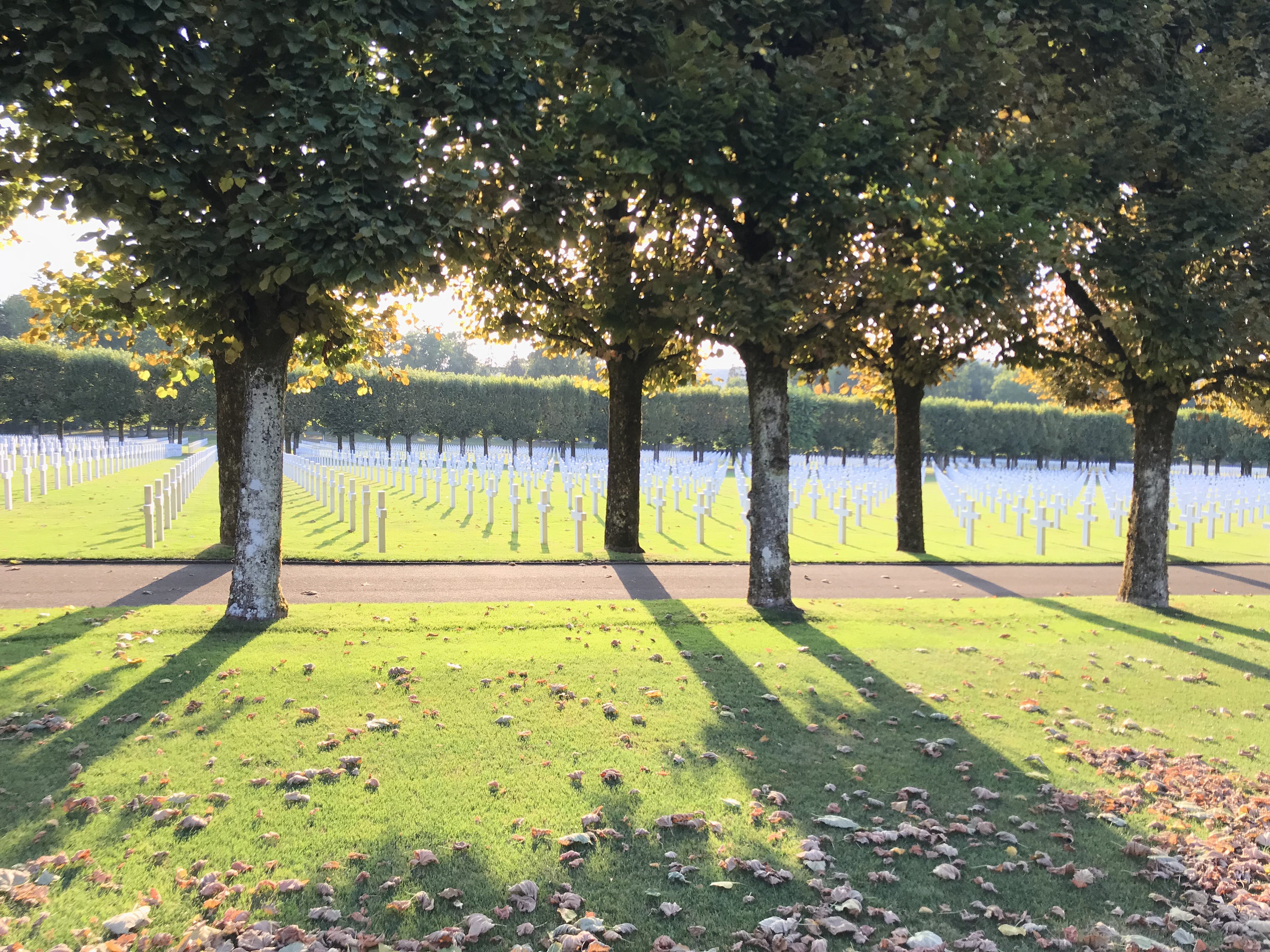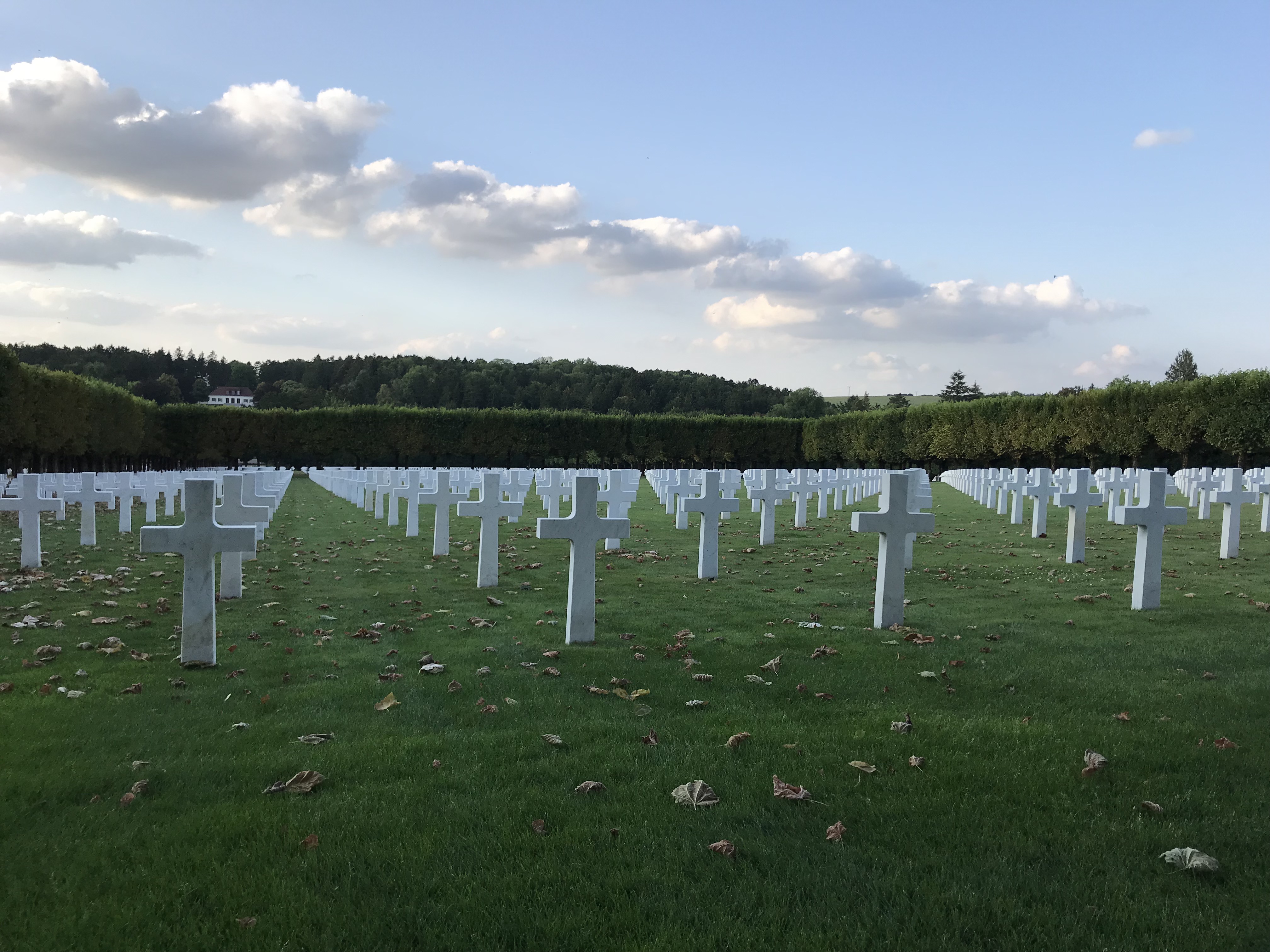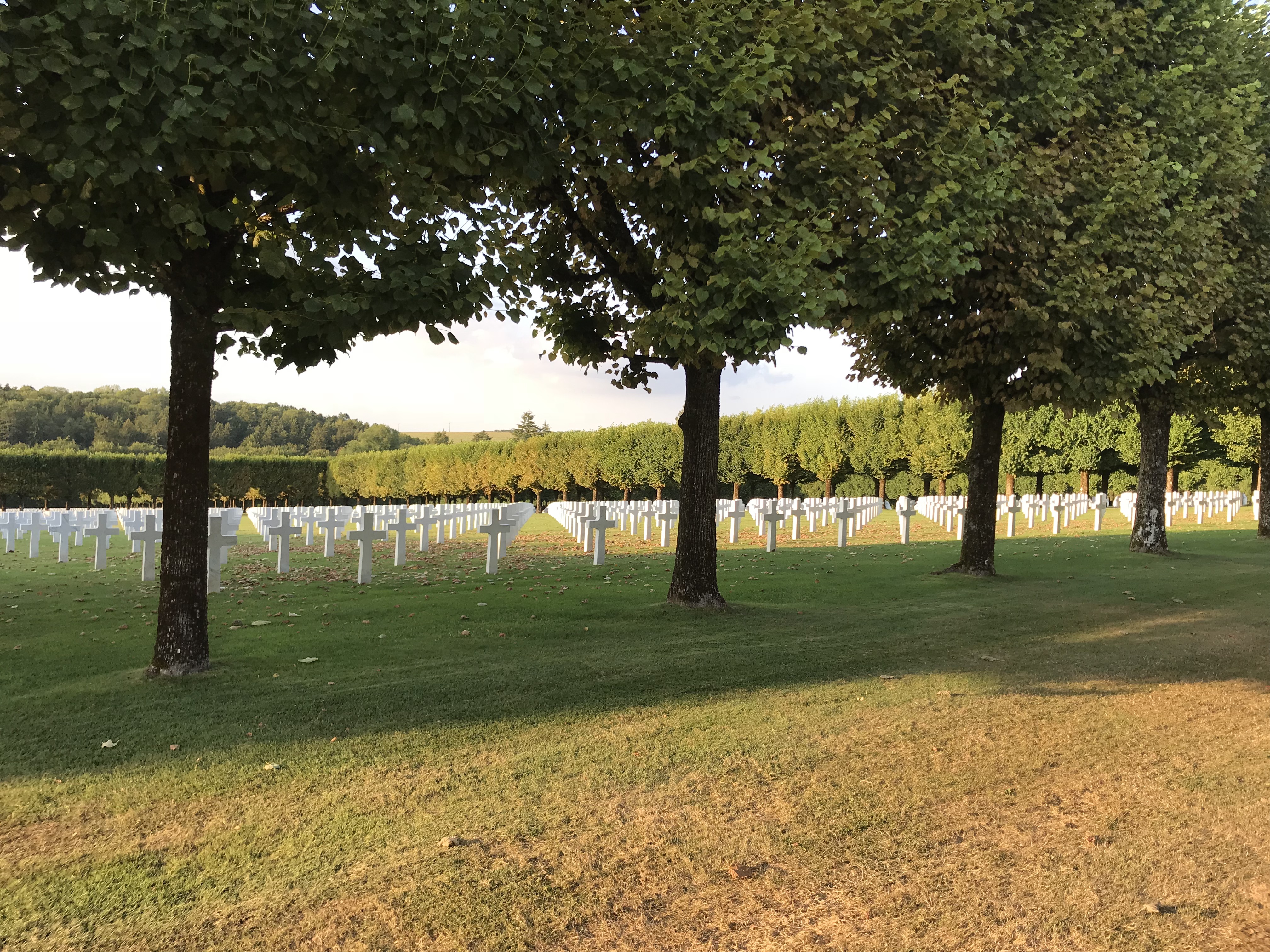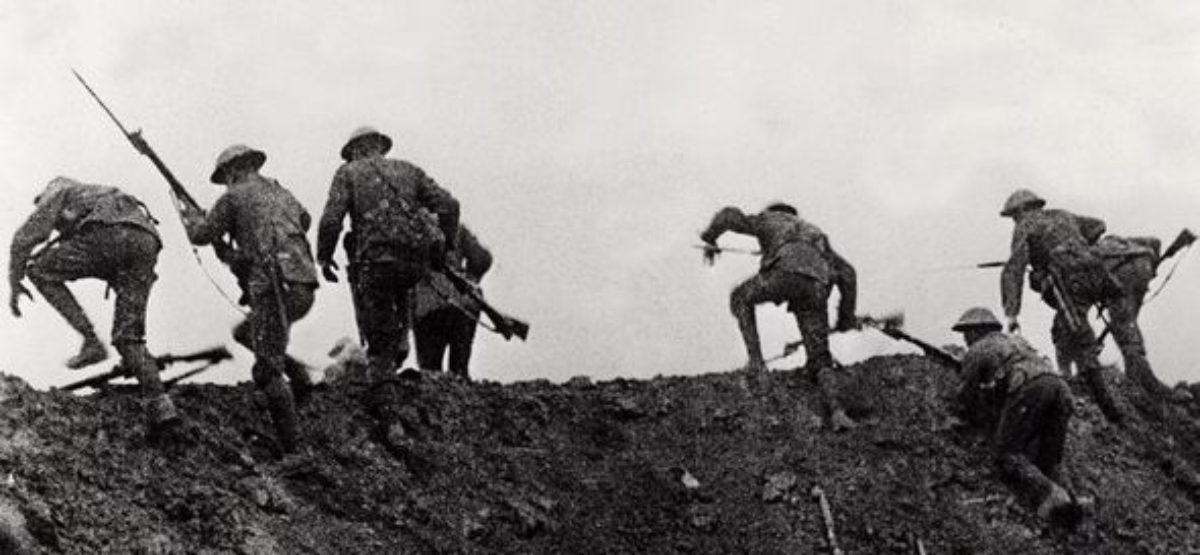
In Flanders fields the poppies blow
Between the crosses, row on row,
That mark our place, and in the sky,
The larks, still bravely singing, fly,
Scarce heard amid the guns below.
We are the dead; short days ago
We lived, felt dawn, saw sunset glow,
Loved and were loved, and now we lie
In Flanders fields.
Take up our quarrel with the foe!
To you from failing hands we throw
The torch; be yours to hold it high!
If ye break faith with us who die
We shall not sleep, though poppies grow
In Flanders fields.
Leftenant Colonel John McRae
November 30, 1872 – January 28, 1918
Hey Folks, welcome to the Battles of the First World War Podcast Stand Alone Episode 8: Armistice Day 2018.
So, the latest episode opened with what is likely the most famous poem to come out of the carnage of the Great War, Leftenant Colonel McRae’s “In Flanders Fields.” It is likely also not very surprising that you would choose to open a reflection of the centenary of the end of World War One with with this poem.
I’ve read this poem many times, but it hasn’t been until the last few days that I’ve really tried to read it deeply and grasp its meaning. With the 100th anniversary of the end of the war, this poem takes on new meaning for me.
100 years now since the guns stopped in France and Belgium. 100 years since a new and uncomfortable silence spread across the Western Front at 11am, where just seconds before the shriek and hammering of shells had rent the tortured earth from Flanders to the Vosges Mountains.
100 years since PVT George Ellison of the British Army fell at Mons, Belgium. 100 years since Soldat de Premiere Classe Augustin Trébuchon fell in the Ardennes at 1045am. 100 years since Canadian CPL George Lawrence Price fell at 1058am, also in the Mons area, and 100 years since American PVT Henry Gunther fell at 1059am in a field near Chaumont-devant-Damvillers in the Meuse Valley. And 100 years since countless others fell as well.
A lot has changed in those last 100 years, from geopolitical to social and technological revolutions of which the men and women of the Great War likely would never have dreamed. In the hustle and bustle of life today, it’s easy to gloss over a day like Armistice Day without thinking of the millions of the fallen.
This one of course, is different. As I’ve read and reread “In Flanders Fields” these past several days, I’ve come to think often on LTC McRae’s request:
To you from failing hands we throw
The torch; be yours to hold it high!
How can we hold it high? How can we honor the millions of the dead, who short days ago loved and were loved, just like we are today? How do we keep from breaking their faith with us?
Perhaps one way we can hold that torch high against the darkness is by remembering these men and women who served their country a century ago. They may no longer be with us, but they are not out of living memory.
So, on Armistice Day–or Veterans’ Day, if you prefer–take a moment to remember them. Remember the Doughboys and the Hello Girls of the American Expeditionary Forces. Remember their allies on the battlefield as well. Remember too, their enemies. They were all human beings. Remember them for a quiet moment.
In November 1918, Moina Michael–the great woman and teacher who first used the red poppy as the symbol of remembrance–penned a response to Leftenant Colonel McRae’s poem. Titled, “We Shall Keep the Faith,” it tells the dead that we will not let them down. For such a poignant day as this one, I think Ms. Michael’s poem may be a good way to close this episode.
We Shall Keep the Faith
Oh! you who sleep in Flanders Fields,
Sleep sweet – to rise anew!
We caught the torch you threw
And holding high, we keep the Faith
With All who died.
We cherish, too, the poppy red
That grows on fields where valor led;
It seems to signal to the skies
That blood of heroes never dies,
But lends a lustre to the red
Of the flower that blooms above the dead
In Flanders Fields.
And now the Torch and Poppy Red
We wear in honor of our dead.
Fear not that ye have died for naught;
We’ll teach the lesson that ye wrought
In Flanders Fields.


